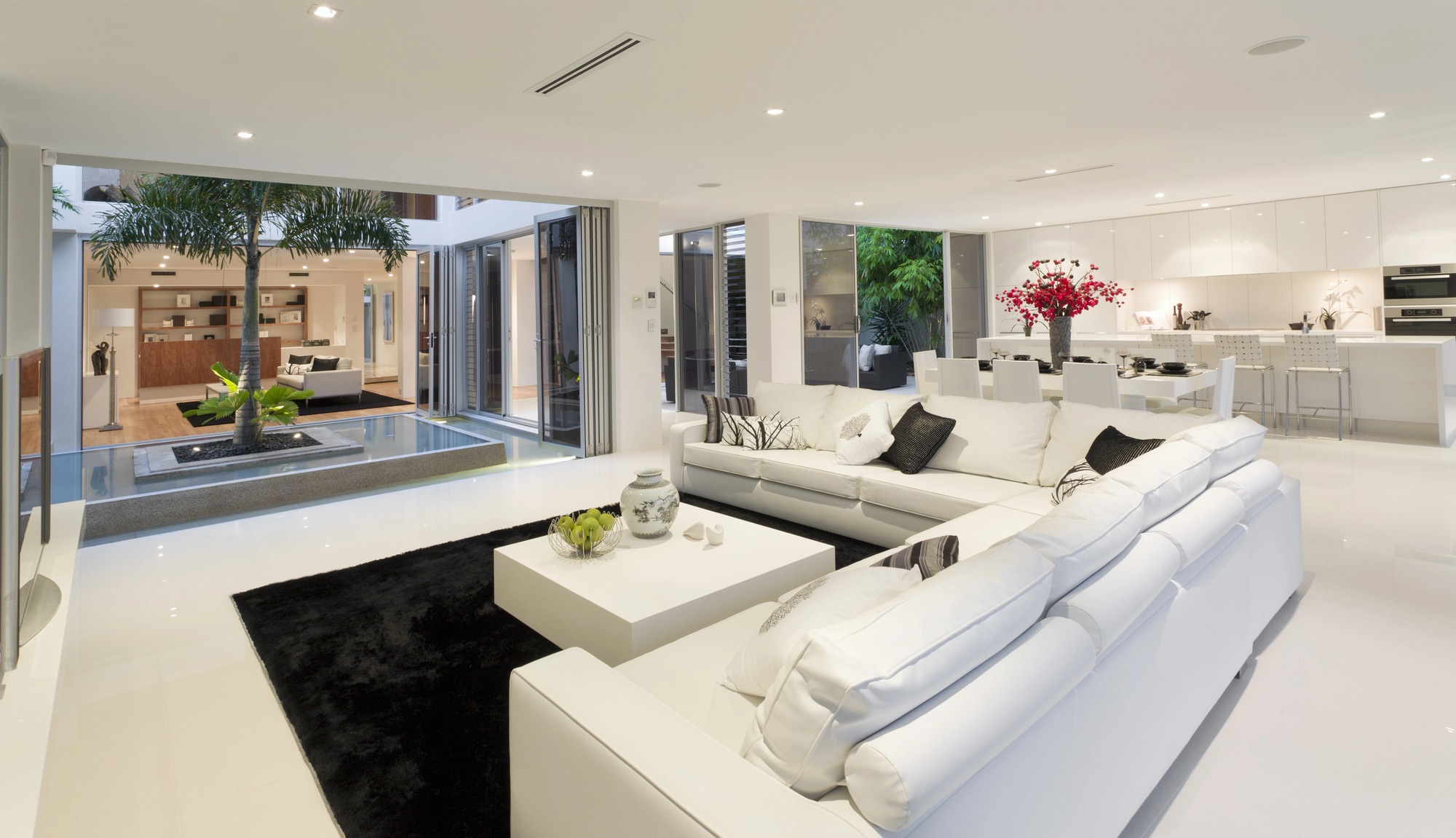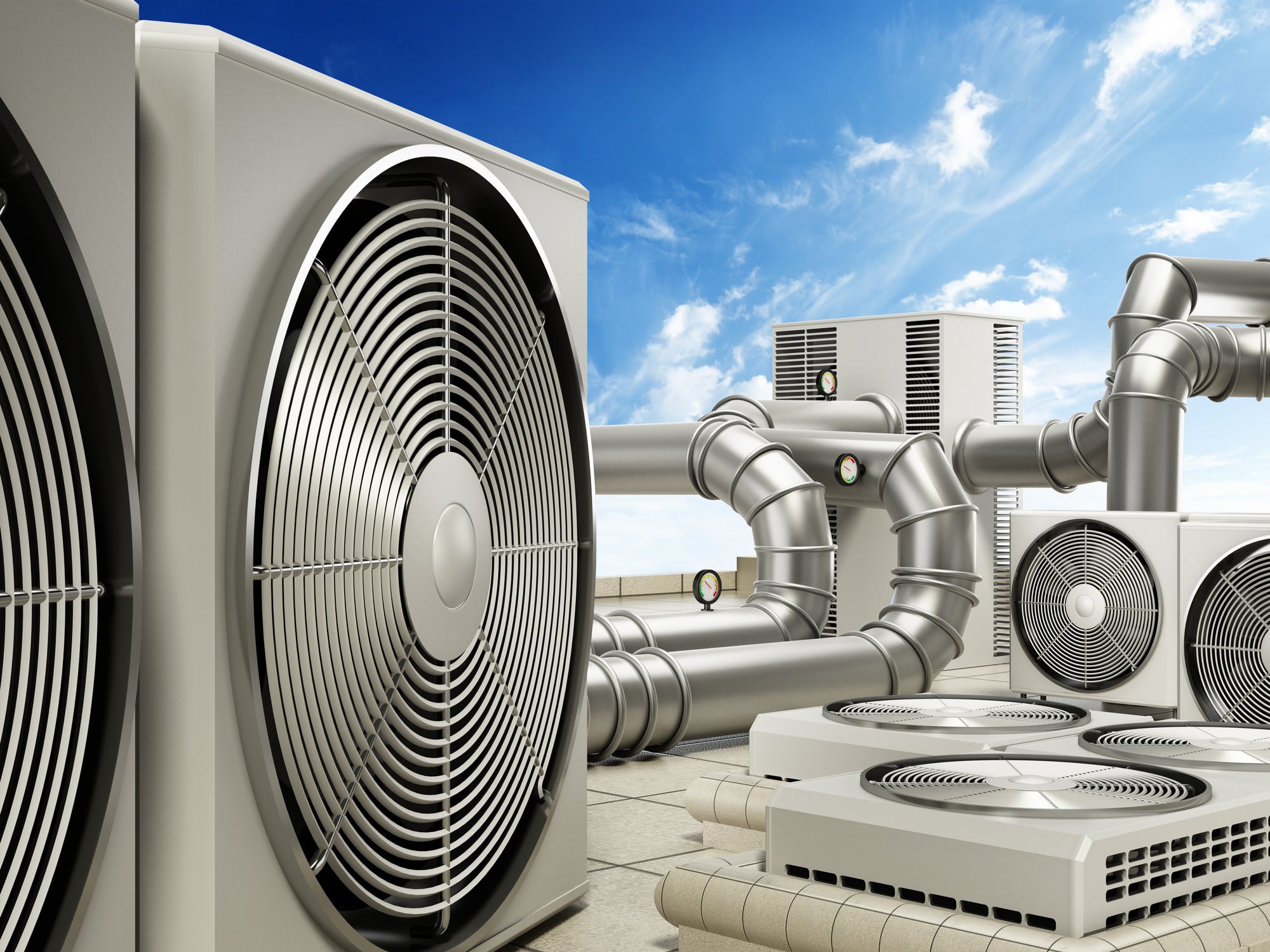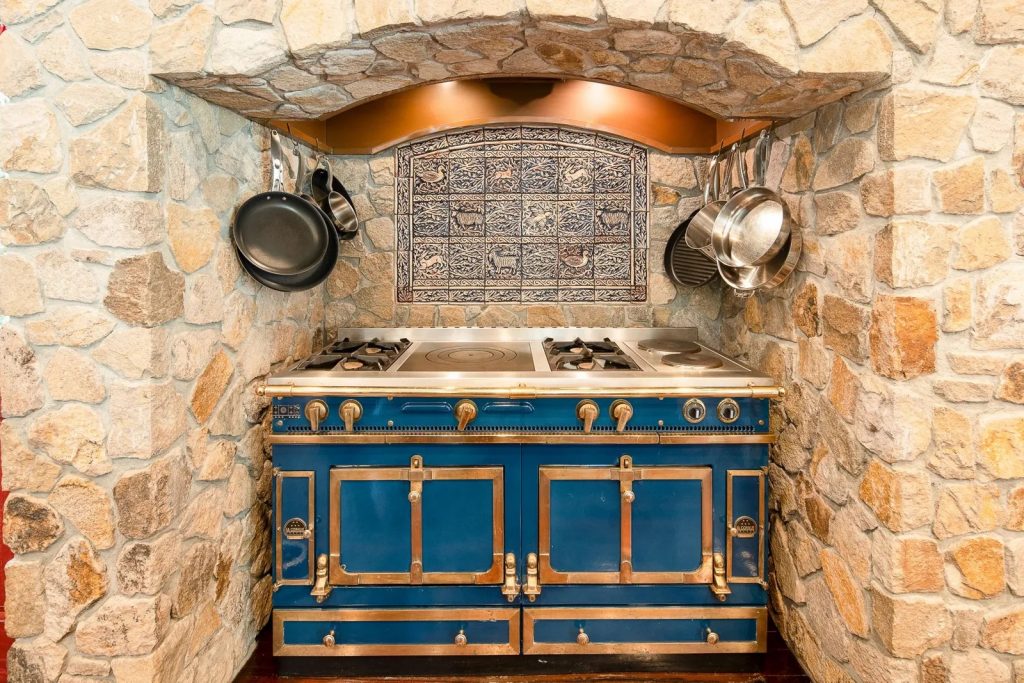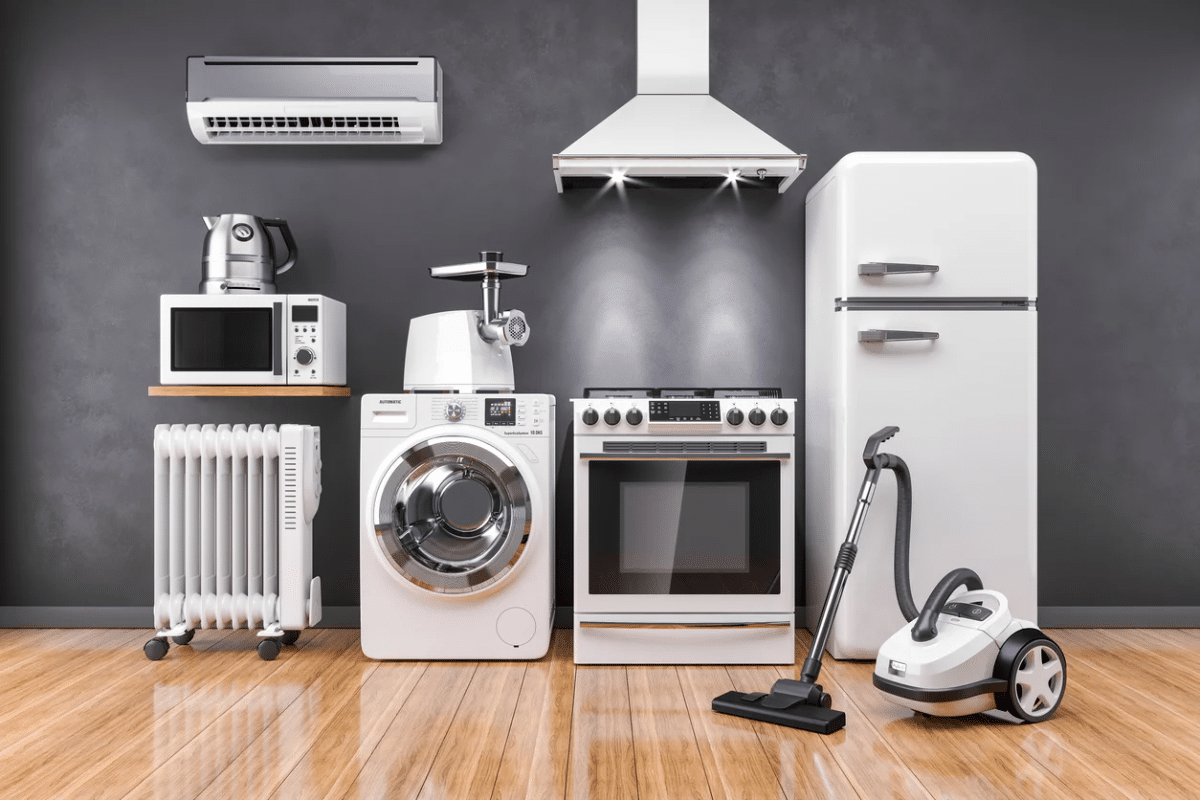Essential Factors to Consider When Choosing an Air Conditioning System for Your Home
Every home aspires to provide a sanctuary of comfort, a place where you can escape external factors such as harsh weather. Central to achieving this aspiration is installing an ideal air conditioning system.
These systems, designed to monitor and alter the condition of air within a designated space, ensure homes remain cool during scorching summers and warm during chilly winters.
Given the critical role they play in ensuring home comfort, choosing the right air conditioning system becomes a decision of great significance— a decision that requires thoughtful consideration of several crucial factors.
This article provides an in-depth guide to understanding these factors, ensuring you are well-equipped to make the best choice for your home.
Understanding Your Cooling Needs
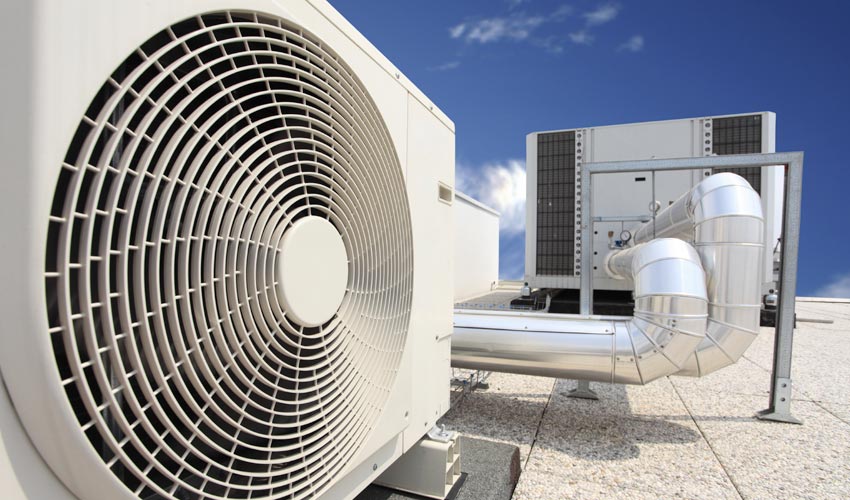 When deciding on an air conditioning system for your home, comprehending your unique cooling needs becomes the foundational step. This process involves several factors.
When deciding on an air conditioning system for your home, comprehending your unique cooling needs becomes the foundational step. This process involves several factors.
The first is to assess the size of your home. Both the total square footage and the layout directly influence the cooling needs. A large, open-plan home may require a different cooling solution compared to a smaller, compartmentalised house.
Secondly, the climate of your location plays a vital role. In regions notorious for high temperatures for extended periods, an effective, reliable air conditioning system becomes indispensable. Conversely, locations with milder summers may not require as high a cooling capacity.
Thirdly, considering the specific use of each room is essential. For example, a room with stuffy or poor airflow might require more cooling, as might a home office with large windows facing the sun.
Similarly, understanding factors like insulation and window size can provide vital clues to your cooling needs. A well-insulated room with adequately sized windows may not require the same level of cooling as an inadequately insulated one.
Energy Efficiency and Environmental Implication
In a world growing increasingly conscious of environmental sustainability, energy efficiency has become a key feature of modern appliances, including air conditioning systems.
The benefits are twofold; energy-efficient systems not only contribute to reduced greenhouse gas emissions but also offer long-term savings to homeowners due to decreased electricity consumption. When selecting an air conditioning system, take the time to scrutinise energy rating labels.
These labels provide an easy-to-understand analysis of the system’s energy efficiency; the higher the rating, the more energy-efficient the model.
Regarding environmental impact, while it is true that all air conditioning systems have a certain environmental footprint, not all footprints are equal. Newer, more modern models are designed with environmentally sustainable practices in mind, minimising their overall environmental impact.
This means that the careful selection of an air conditioning system can conscientiously reduce one’s carbon emissions and contribute positively to environmental conservation.
The Different Types of Air Conditioning Systems
Understanding the different types, functions, and suitability of various air conditioning systems is the next critical aspect to explore. Central air conditioning systems, for instance, are effective in cooling large homes due to their ability to distribute equal amounts of cooling throughout a property via ductwork.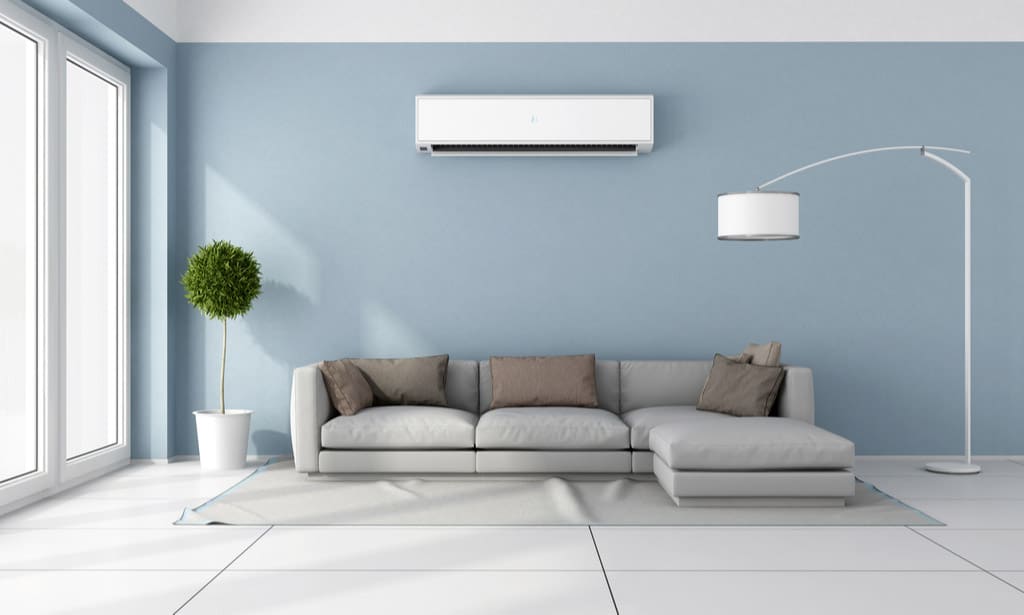
In comparison, ductless air conditioning models deliver cool air directly into different zones, bypassing the need for ducts. They save on energy costs by efficiently catering to room-specific cooling needs, making them an excellent option for homes without pre-installed ductwork.
Window unit air conditioners are another popular choice, particularly for apartment dwellers or those seeking to cool only a select few rooms or a smaller home where installing an elaborate conditioning system may be impractical.
Each of these air conditioning types has its benefits and shortfalls. Consequently, your final selection should align with your home’s unique cooling needs and building structure.
Installation and Maintenance Considerations
The process of installing an air conditioning system varies with the type of system chosen and the structure and layout of your property. A professional installation is imperative to ensure that the system works optimally, reducing the probability of future breakdowns.
Similarly, maintaining your air conditioning system is paramount for its longevity and continued efficiency. Generally, your chosen system will come with a maintenance guide outlining when and how to service the system. Continual adherence to this guide is vital. It’s also important to note that different air conditioning systems have varying maintenance needs and costs, which should factor into your purchase decision.
Cost and Budgeting for an Air Conditioning System
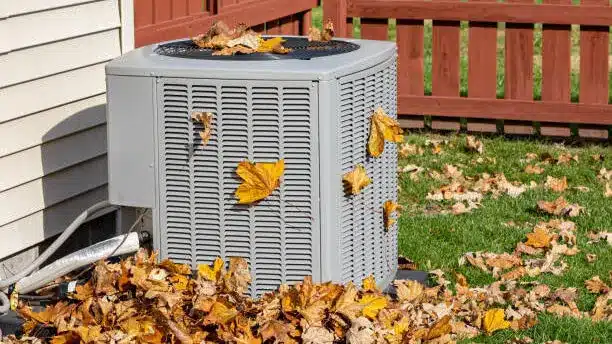 Financial considerations naturally play a significant role in deciding on an air conditioning system. It’s crucial to remember that the costs of an air conditioning system extend beyond the initial purchase price of the unit.
Financial considerations naturally play a significant role in deciding on an air conditioning system. It’s crucial to remember that the costs of an air conditioning system extend beyond the initial purchase price of the unit.
Installation costs can significantly vary depending on the type of unit chosen and the complexity of the installation process. Regular maintenance costs also add to this, augmenting total expenditure over time.
It’s recommended to explore detailed installation costs for your selected air conditioning system. Also, consider the ongoing energy costs associated with running the air conditioning system. Affordable models might seem attractive upfront but might consume more energy, leading to more significant costs down the line.
Guard against compromises on quality for cost-saving—often, a higher initial investment can lead to long-term gains in efficiency and durability.
Conclusion
Choosing the right air conditioning system for your home is a crucial decision, one that requires meticulous evaluation of several factors.
From understanding your unique cooling needs to energy efficiency, type of air conditioning system, installation, maintenance considerations, and budgeting, every aspect carries significant importance.
A sound decision ensures that you enjoy the right blend of home comfort, cost-efficiency, and environmental sustainability. It’s always beneficial to consult with an HVAC professional to make an informed decision you’re pleased with over the long run. Ultimately, the right air conditioning system will enhance home comfort and prove a judicious investment in your home.

